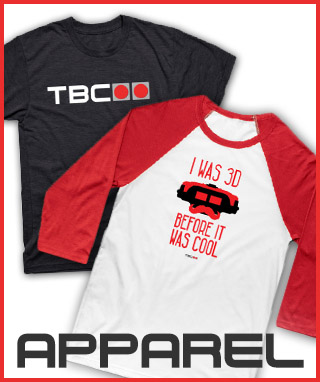There is a discrepancy.
When you walk into a store and purchase a new video game, you get more in return: a display case, a printed cover and (sometimes) instruction manual, a cartridge housing the game’s data, the ability to lend the copy to a friend, and the option of selling the copy when you’re done with it.
Downloadable versions provide none of the above benefits (though you could definitely argue for the convenience factor). They cost the same as a physical version, but take up more space on your hard drive or memory card, and are far cheaper for the publisher to distribute.
With digital games, creators don’t pay for printing discs or cartridges, packaging, shipping, or shelf-space at stores. They also don’t split any profit with retailers.
You would almost think the downloadable version should be cheaper.
Further confusing the matter are stores like Best Buy and Amazon, where you can actually get retail releases at a steep discount. It feels backward.
The reason Nintendo and its competitors are afraid to cut gamers a deal on digital versions is that it would make retailers upset. Their relationships with WalMart, Target and others would be severely damaged as gamers flocked to online offerings to get the lowest price.
Why doesn’t Nintendo just cut its retail ties and only offer their games digitally?
They’re not ready yet. The majority of sales still take place in brick and mortar, but that is starting to change.
Someday, a Nintendo console might not come equipped with a cartridge slot. And just maybe, downloadable games will be a little cheaper.
(Or not because of inflation, the rising cost of development, server infrastructure, and Nintendo being a business trying to make money. But one can dream.)

